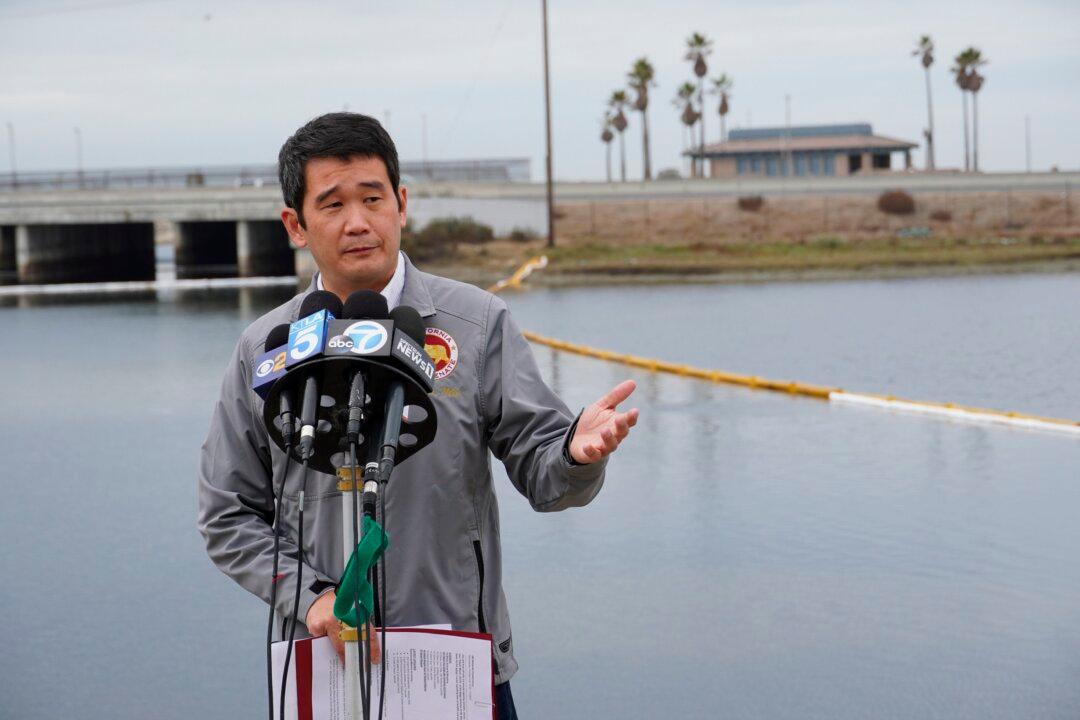A California bill to ban local governments from setting their own voter ID requirements is now headed to the Senate Floor after passing in two senate committees.
Introduced by Sen. Dave Min, Senate Bill 1174 proposes to ban local governments such as Huntington Beach—where voters recently approved its city council could impose such an identification requirement—from enacting such and makes clear the state has “exclusive jurisdiction” when it comes to the voter verification process statewide, according to a May 1 press release from the senator.





